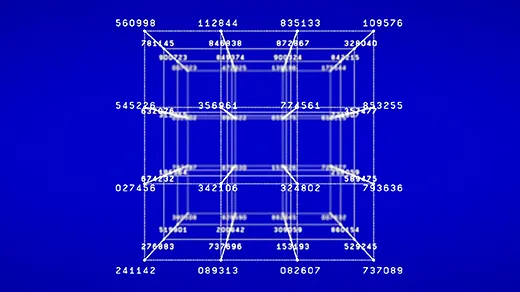What's up in
Quantum computing
Latest Articles
Never-Repeating Tiles Can Safeguard Quantum Information
Two researchers have proved that Penrose tilings, famous patterns that never repeat, are mathematically equivalent to a kind of quantum error correction.
The Year in Physics
From the smallest scales to the largest, the physical world provided no shortage of surprises this year.
The Year in Computer Science
Artificial intelligence learned how to generate text and art better than ever before, while computer scientists developed algorithms that solved long-standing problems.
The Quest to Quantify Quantumness
What makes a quantum computer more powerful than a classical computer? It’s a surprisingly subtle question that physicists are still grappling with, decades into the quantum age.
Thirty Years Later, a Speed Boost for Quantum Factoring
Shor’s algorithm will enable future quantum computers to factor large numbers quickly, undermining many online security protocols. Now a researcher has shown how to do it even faster.
Nobel Prize Honors Inventors of ‘Quantum Dot’ Nanoparticles
The Nobel Prize in Chemistry has been awarded to three researchers who harnessed the quantum behaviors of semiconductor nanocrystals.
Machine Learning Aids Classical Modeling of Quantum Systems
By using “classical shadows,” ordinary computers can beat quantum computers at the tricky task of understanding quantum behaviors.
Physicists Observe ‘Unobservable’ Quantum Phase Transition
Measurement and entanglement both have a “spooky” nonlocal flavor to them. Now physicists are harnessing that nonlocality to probe the spread of quantum information and control it.
New Codes Could Make Quantum Computing 10 Times More Efficient
Quantum computing is still really, really hard. But the rise of a powerful class of error-correcting codes suggests that the task might be slightly more feasible than many feared.








